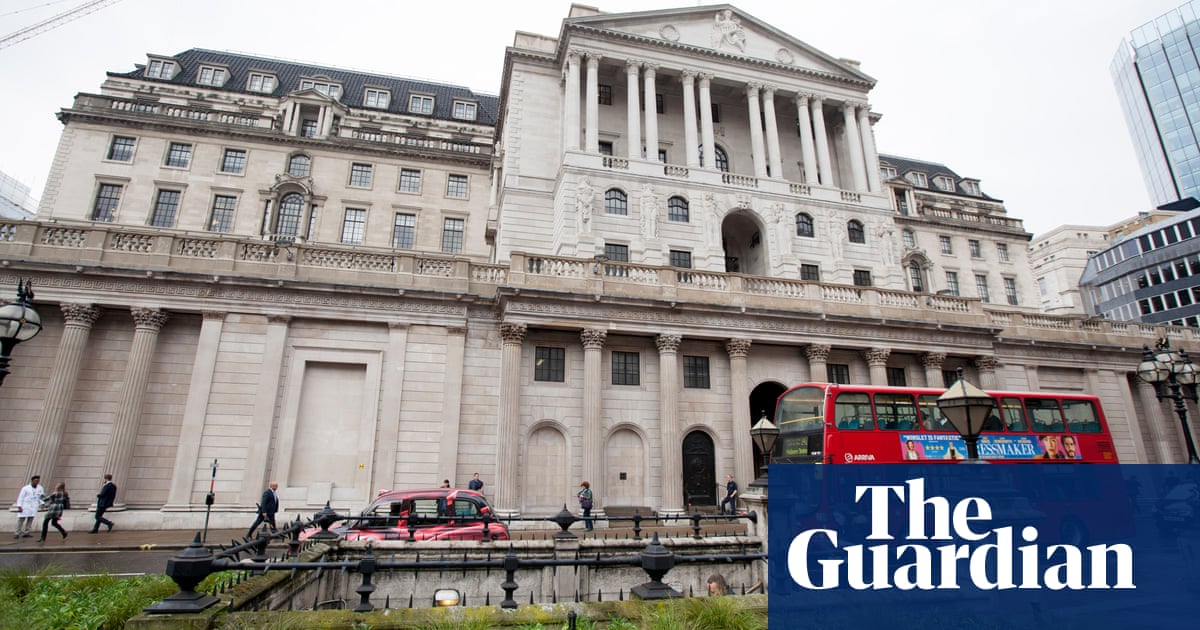
Since the Iranian parliament approved the so-called Strategic Action Plan to Lift Sanctions and Protect the Iranian Nation’s Interests bill in December 2020, Tehran has insisted on rejecting direct negotiations with the US until all sanctions are lifted.
In the meantime, the Biden administration has insisted on proceeding with the negotiations according to a step-by-step approach. After Ebrahim Raisi’s government took office in Tehran last summer, the nuclear negotiations resumed in Vienna and Iran arrived with a completely new team, which took a harder line than its predecessor.
Raisi and Foreign Minister Hossein Amir-Abdollahian have genuinely begun to execute the conditions of Iran’s hard-liners. This was reflected in Tehran announcing that it would not let the US return to the nuclear deal unless all sanctions were lifted. Despite this Iranian demand, the American negotiating team remained committed to participating in the talks being held in Vienna. And, in a sudden shift, Amir-Abdollahian last week said that Tehran would not ignore dialogue with the US if it led to an agreement that involved considerable guarantees.
This position, which suggests a desire to negotiate with the US even if the sanctions are not lifted, is not Iran’s first contradictory stance. Supreme Leader Ali Khamenei, the regime’s ultimate head, said in January that the negotiations and interactions with the enemy at any given time do not mean capitulating to it. The significance of such a reversal and the hint at the possibility of engaging in negotiations with the US lies in the fact that the supreme leader had a completely different opinion in the past, especially after America’s withdrawal from the nuclear deal under Donald Trump. In one of his speeches, Khamenei said: “Can a wise man enter into negotiations again with a country that had reneged on all agreements?”
Even if we assume that Iran considers the Biden administration to be different from Trump’s and that President Joe Biden has, since the start of his election campaign, expressed a desire to return to the nuclear deal, this is refuted by the previous comments made by the supreme leader. The last of these comments were made in August last year, when he declared the Biden and Trump administrations to be the same.
This shift in the Iranian position has been dictated by a host of factors, but primarily the regime concluding that the Vienna talks could fail to resuscitate the nuclear deal and that Washington could refuse to meet its condition of lifting the sanctions. Therefore, the only way to end this deadlock is to engage in a face-to-face dialogue between Iran and the US. There is another factor that prompted Iran to shift its position: The return of protests at home due to worsening socioeconomic conditions, against the backdrop of low wages and swelling inflation.
The only way for Tehran to end the deadlock in the nuclear deal talks is to engage in a face-to-face dialogue with the US.
Dr. Mohammed Al-Sulami
To prevent the domestic situation from deteriorating further, the Iranian regime found itself compelled to reverse its irrational positions and take practical steps to reassure the Iranian street and instill hope. The US warning Iran against wasting time and congressional voices opposing the negotiations also played a role in Iran hinting at the possibility of direct talks with Washington.
US officials have also recently warned that the window for negotiations aimed at reviving the nuclear deal could close in late January or early February. In light of Iran facing stifling crises and popular discontent due to its dire economic situation, it has no alternative but to back down to ensure the continuation of negotiations.
To sum up, it could be said that Tehran — which set negotiating conditions such as lifting all the US sanctions imposed on it and pursued the approach of engaging in indirect negotiations with the Americans as a means to exert pressure and extract more concessions — is now backing down without any of its conditions being met and with the Vienna talks showing no signs of reaching an agreement. This indicates a genuine admission of Iran’s failure in the face of the US sanctions.
Dr. Mohammed Al-Sulami is President of the International Institute for Iranian Studies (Rasanah). Twitter: @mohalsulami
Disclaimer: Views expressed by writers in this section are their own and do not necessarily reflect Arab News" point-of-view












